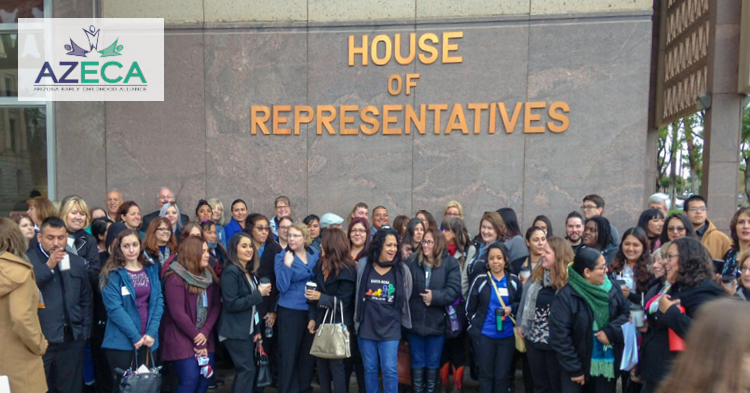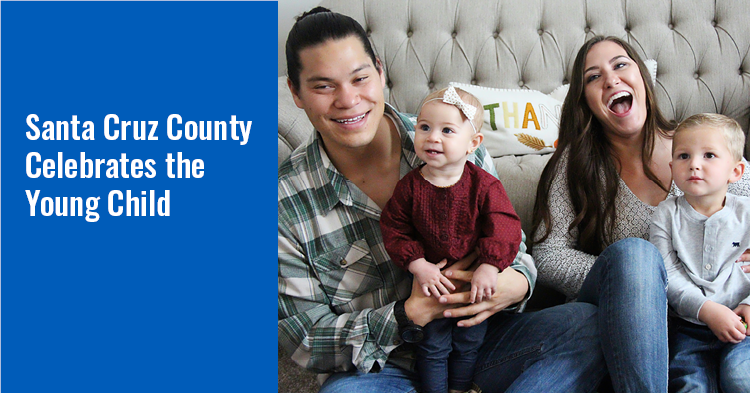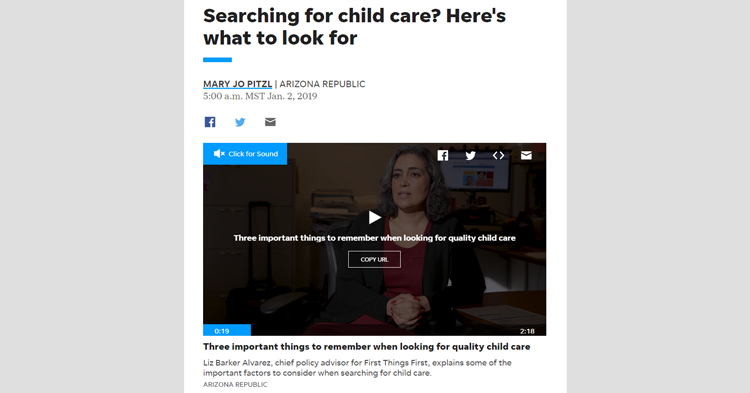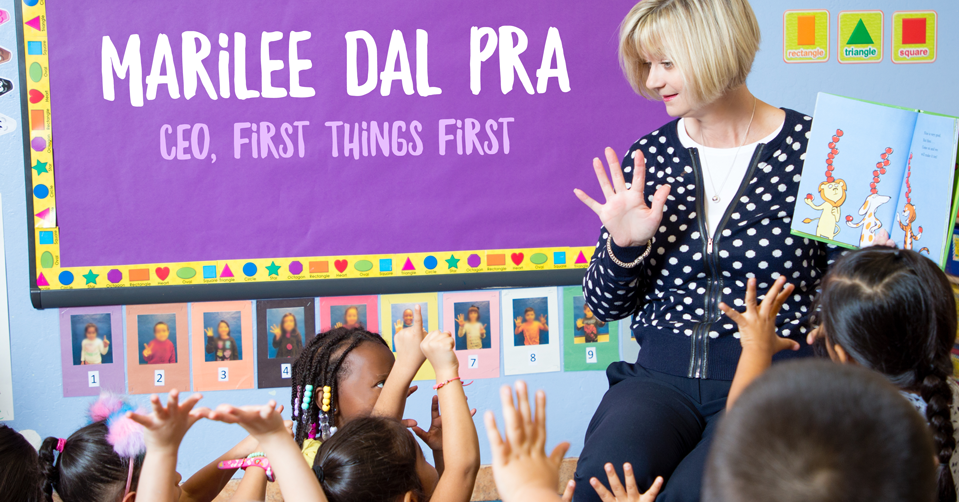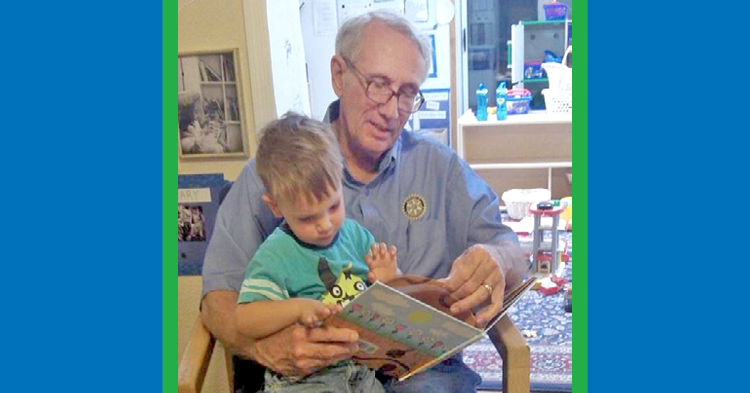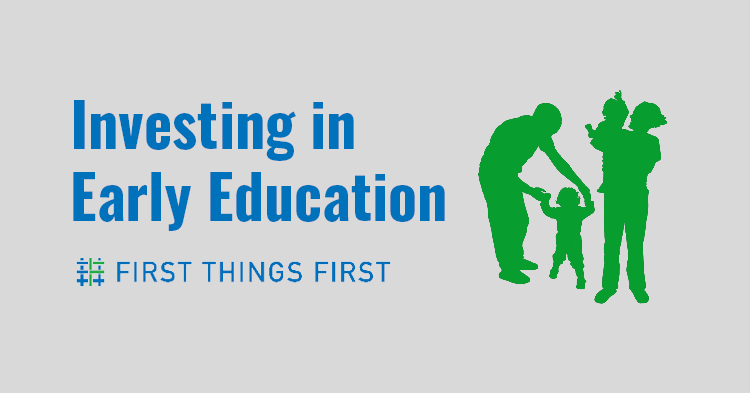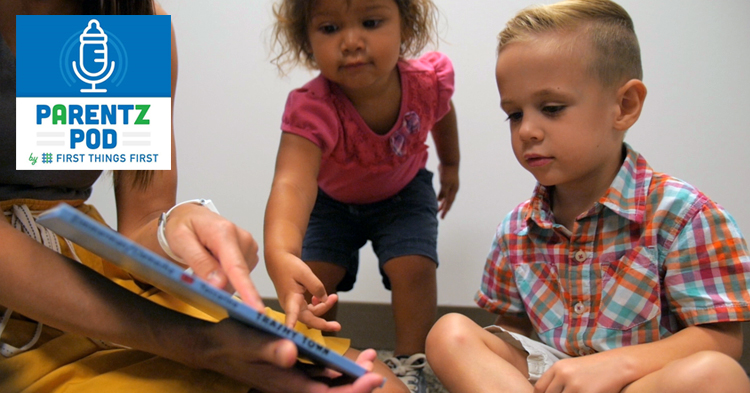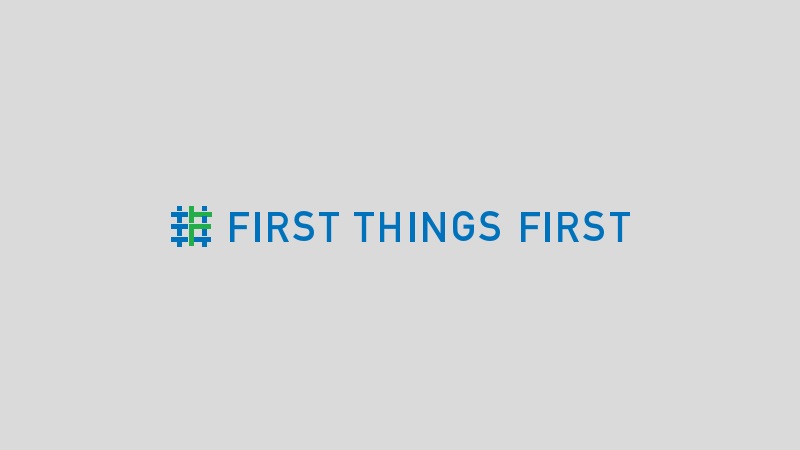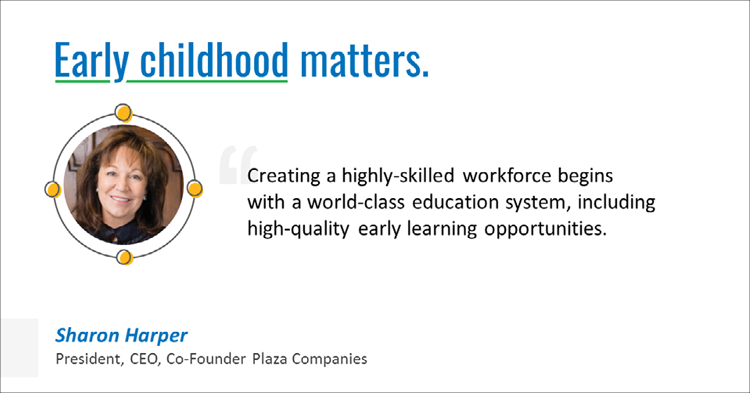
In Arizona, as in most of the United States, businesses don’t have enough workers with the skills that employers need. Nearly half the American workforce lacks the basic education and communication skills required to get a job and advance, according to a survey of chief executive officers in the US.
Many economists contend the solution starts in a child’s early years. Recently, Art Rolnick, a nationally-recognized advocate for early childhood, was in Arizona to share with legislators and others that the best target for public investment is to invest in children birth to age 5.
Rolnick, who is an economist and a senior fellow at the Humphrey School of Public Affairs at the University of Minnesota, pointed to studies that show early childhood investments have up to an 18 percent return on investment.
“We want policy makers to think of early childhood as economic development,” Rolnick said. “It’s the best public investment we can make.”
Research from the American Enterprise Institute shows that today’s employers struggle to find workers with the right set of skills for today’s workplace – skills that go beyond the technical or job-specific and include quality workplace interactions like teamwork, communication, problem-solving and follow-through on commitments.
These so-called “soft skills” are sorely missing, according to business leaders and a recent report cites that many employers consider those “soft skills” among the highest priority for job candidates. Additional studies show that they will become increasingly important for the jobs of the future. Those skills start to develop at birth and are taught, promoted and strengthened through quality child care.
First Things First is doing its part to help Arizona’s young kids be ready for success in kindergarten and beyond by supporting high-quality early childhood experiences.
Research shows that 90 percent of a child’s brain develops before age 5. Critical skills like motivation, self-discipline, focus and self-esteem begin to take root from birth. Ensuring that children have high-quality experiences during these critical early years has tremendous impact on kids and their communities.
Children who are prepared for kindergarten are more likely to do well in school and graduate from high school. As adults, they tend to be healthier and earn more. They also are less likely to become part of the criminal justice system or the welfare system.
It is crucial young kids receive support from family and their community, so whether you have a child 5 and younger in your life or not – investing time, energy and resources in helping kids arrive at kindergarten prepared to be successful is smart.
Here are just a few ways that business owners can make a difference in their future workforce.
- Connect with First Things First to learn more and join the early childhood movement.
- Support high-quality early learning programs in your area.
- Adopt policies in your business that support working parents.
- Tell policymakers that you support public investments in early childhood.


